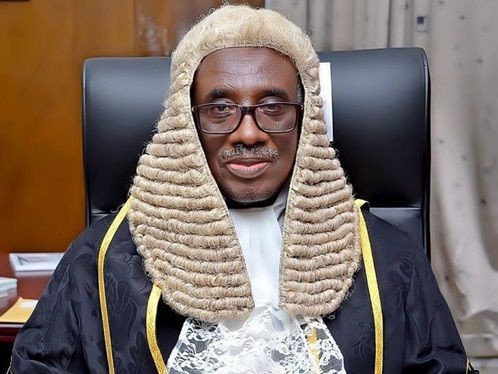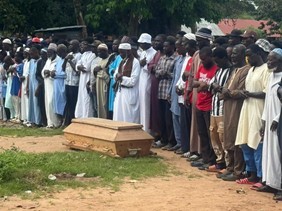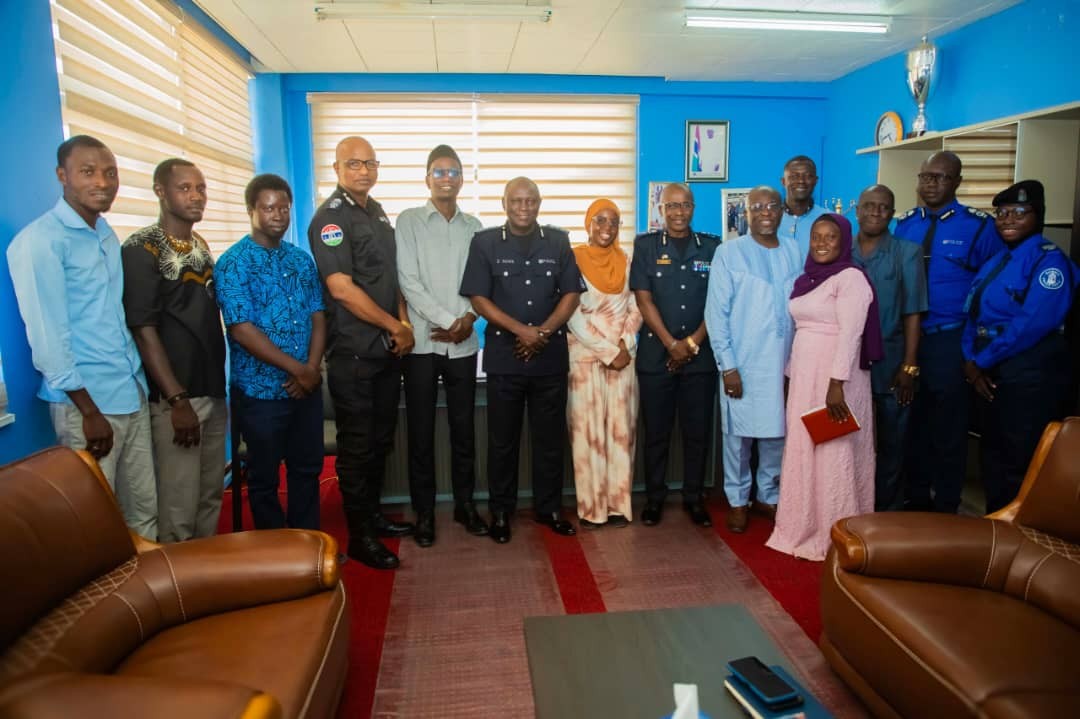The Minister of Higher Education, Research, Science and Technology has highlighted the tendency of artificial intelligence becoming the great accelerator of progress or the great divider of humanity.
Prof Pierre Gomez made this remark recently at the United Nations Development Programme’s launching of the 2025 Human Development Report at the Kairaba Beach Hotel in Senegambia.
Underscoring the crucial moment that the report coincides with, he made mention of how AI has transitioned from the realm of science fiction to being “deeply embedded in the rhythms of our daily lives”.
It has entered homes, classrooms, hospitals and, increasingly, dreams and fears, he said.
“The report issues a sobering but empowering message: AI is not destiny. It is a decision,” he said. “While the algorithms may be complex, the fundamental question is simple: What kind of future do we choose to build? An old Akan proverb reminds us, ‘Wisdom is like a baobab tree; no one person can embrace it alone’.”
The former university vice chancellor emphasised that in this new AI frontier, the people must move forward not alone but together, with intentionality, inclusion and justice.
He averred: “This Human Development Report reminds us that the choices we make today will shape the opportunities and freedoms of tomorrow. At stake is not only how we use AI, but whether we allow it to deepen inequality or become a force for equity. AI can be the great accelerator of progress, or the great divider of humanity.
“The report challenges the false binary between utopia and dystopia. Instead, it invites us to reimagine a world where humans are not reduced to tasks but uplifted through creativity, empathy, and purpose. Kwame Nkrumah once said: ‘Thought without action is empty. Action without thought is blind.’ This report demands both bold action and deep reflection.”
With a youthful population where more than 65 per cent is under 25, Prof Gomez believes this demographic advantage can be the country’s digital dividend, but only if the young are equipped not just to consume technology but to shape it.
Minister Gomez noted that it must be asked if the youth are being prepared to be passive users of foreign platforms or empowered creators of local AI solutions. “We must weave digital literacy into our education system. We must build innovation hubs grounded in our realities, and we must support policies that ensure AI works for young people, not around them and certainly not against them,” he appealed.
“As Thomas Sankara profoundly declared, ‘You cannot carry out fundamental change without a certain amount of madness’. Let our ‘madness’ be our unwavering resolve to democratise knowledge, invest in our youth, and code a future that reflects African values and aspirations.”
Meanwhile, according to Prof Gomez, the report makes calls on three areas of transformation: building a complementary economy, one in which AI and humans collaborate rather than compete; driving innovation with intention, ensuring that AI serves people, not just profit, and investing in the capabilities that count – education, health, and critical thinking, so that all people can thrive in a digital age.
These choices are not just technical but moral. They are generational. They are, ultimately, about justice, the minister stated.
“In The Gambia and across Africa,” he said, “we have a unique opportunity to leap forward. But that leap will not come from technology alone; it will come from bold choices, rooted in people, purpose, and possibility. Technology must not widen the gap between the powerful and the powerless. It must be used to close it.”
He urges individuals to exercise collective commitment to shaping an AI future that is just, inclusive and deeply human. “As Malcolm X once said, ‘The future belongs to those who prepare for it today.’ Let us prepare, not with fear but with resolve, not with hesitation but with hope. May the age of AI not be a threat to human development, but a testament to our most noble human values: agency, dignity, and freedom.”






